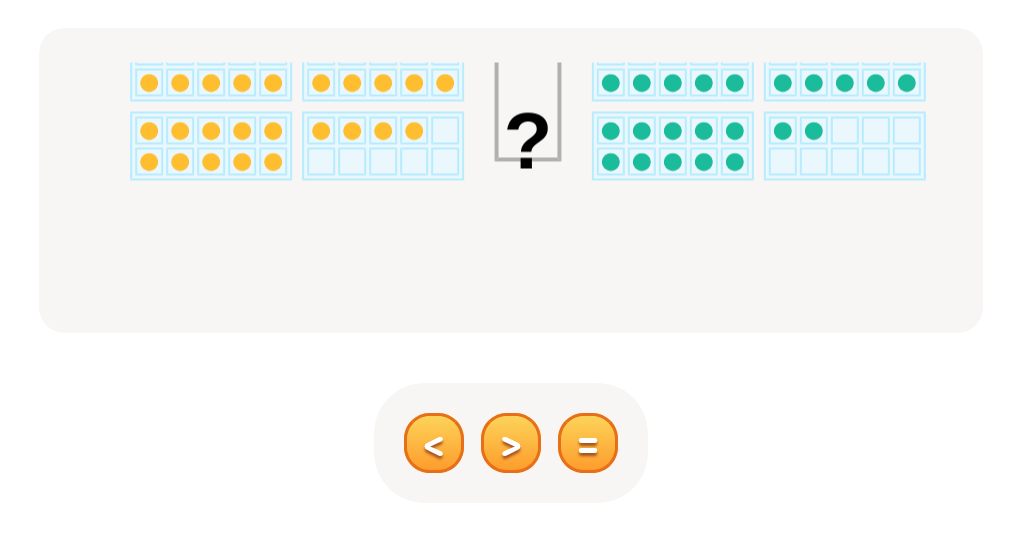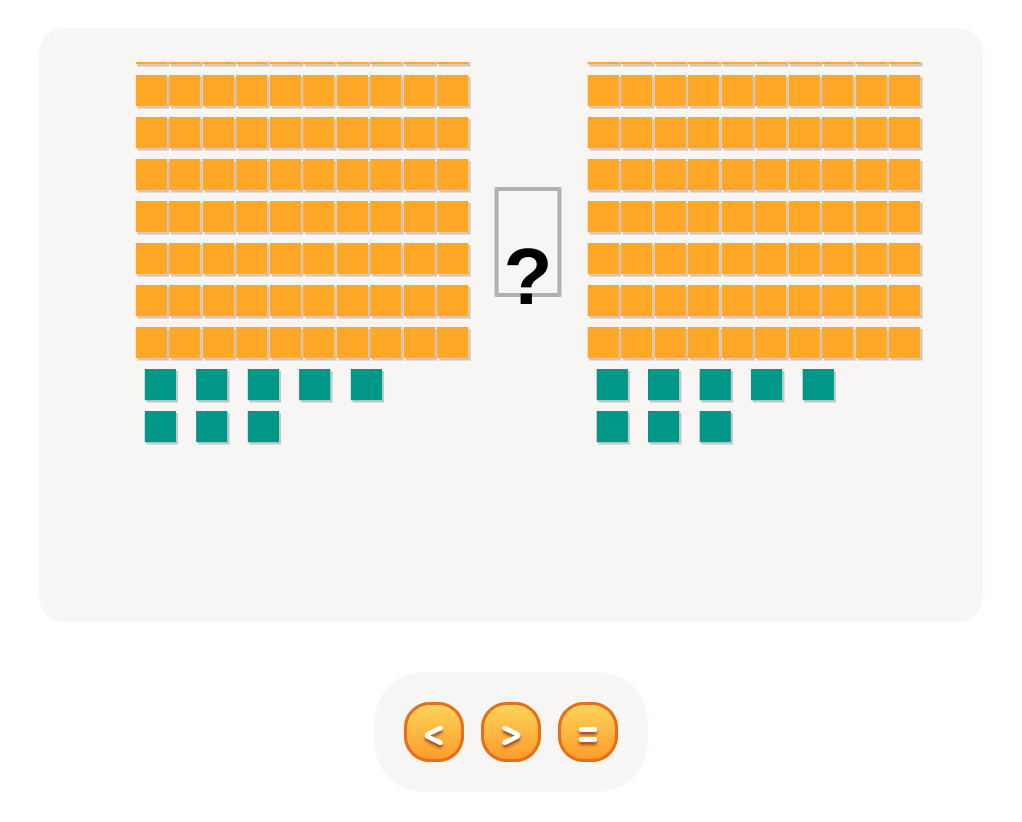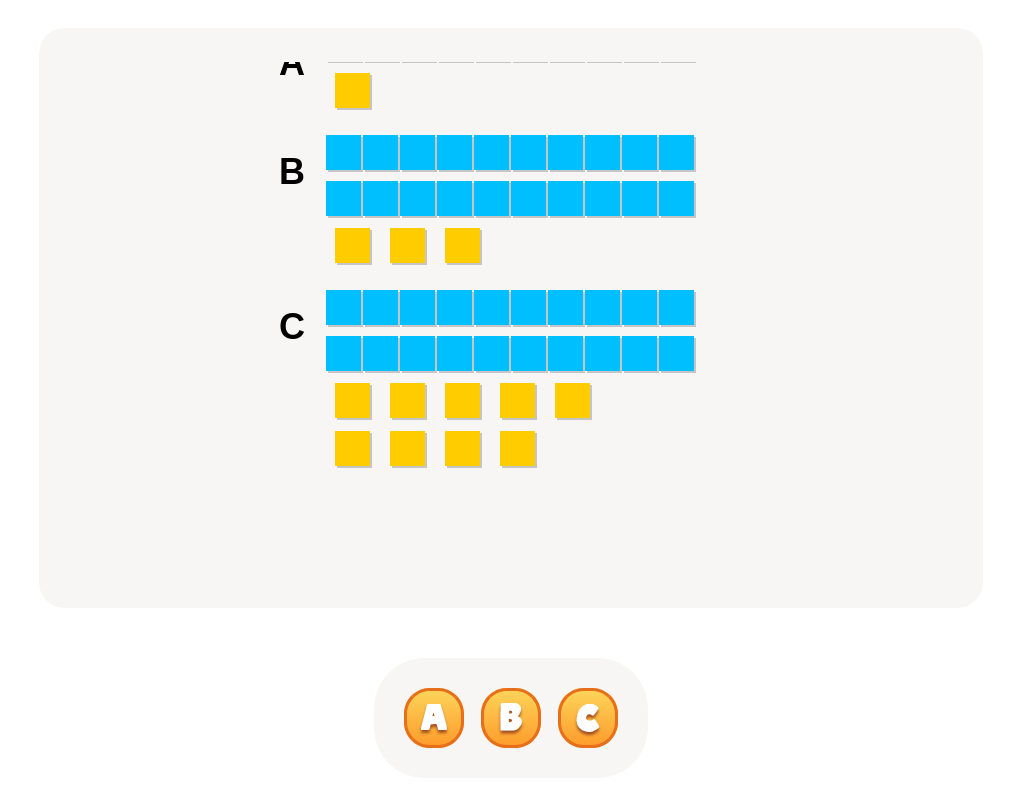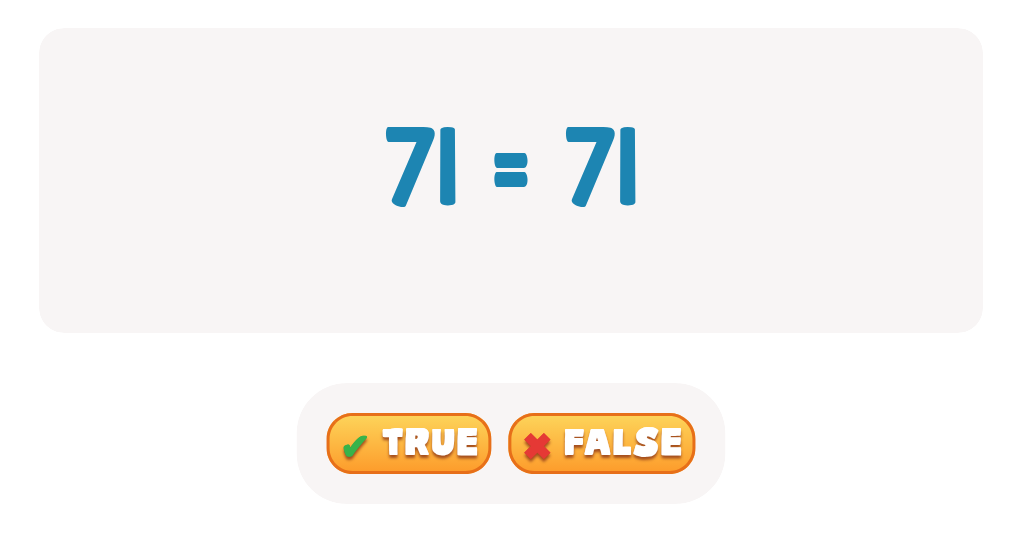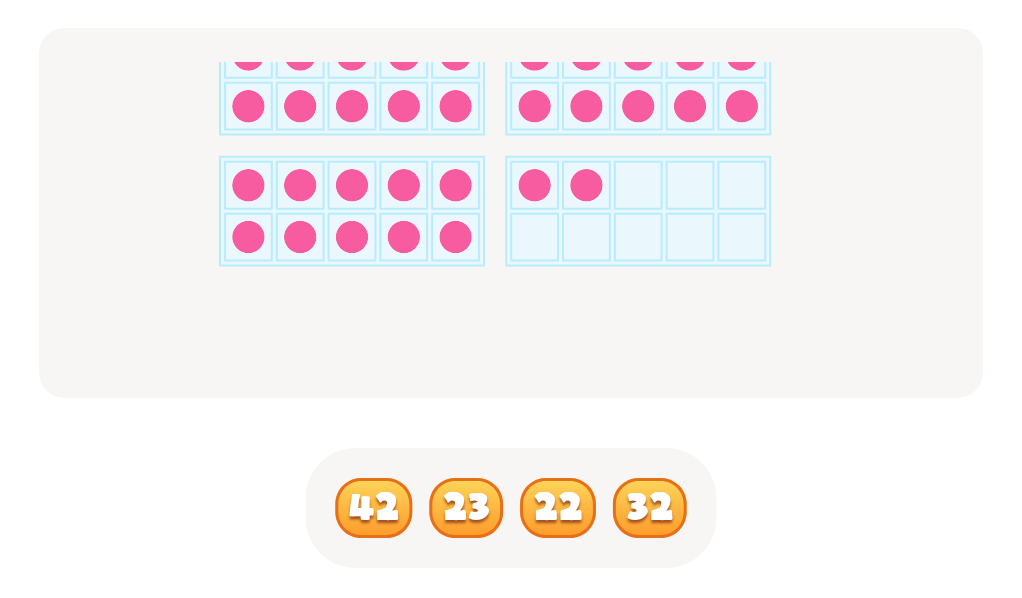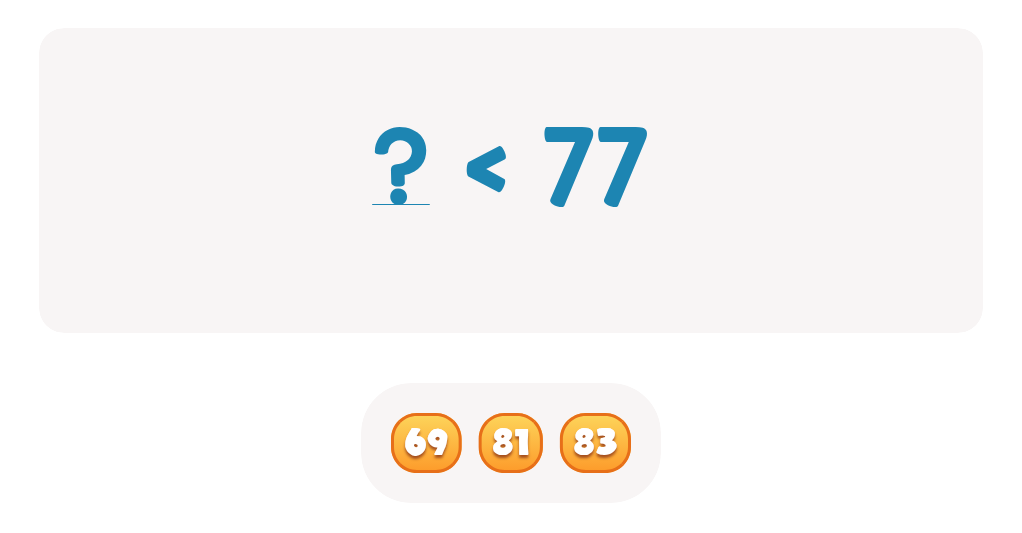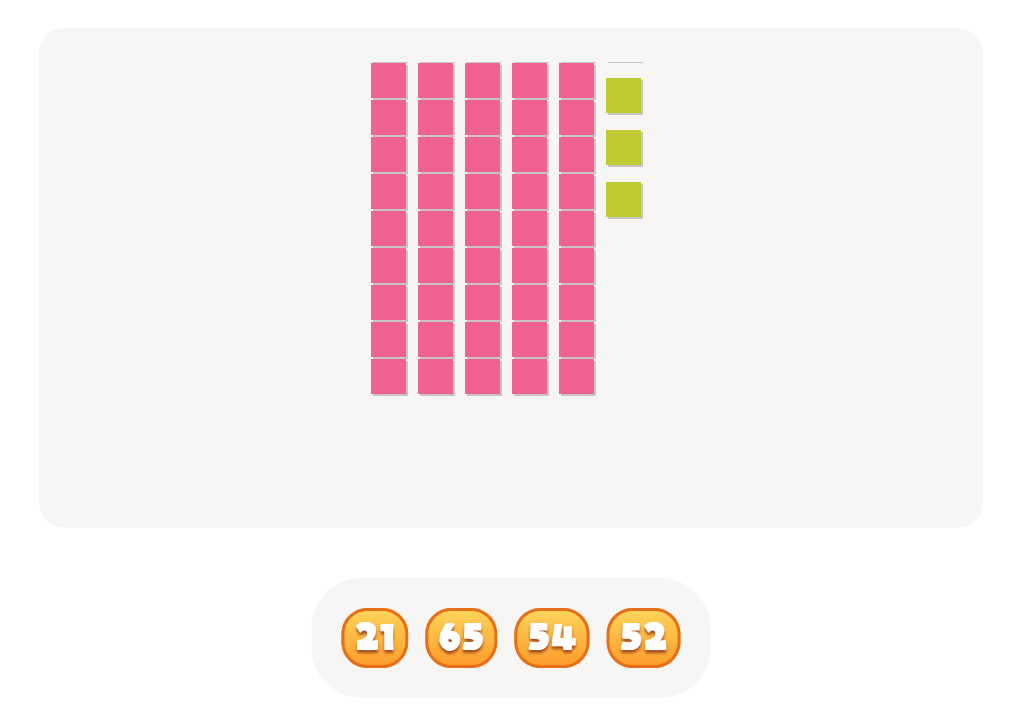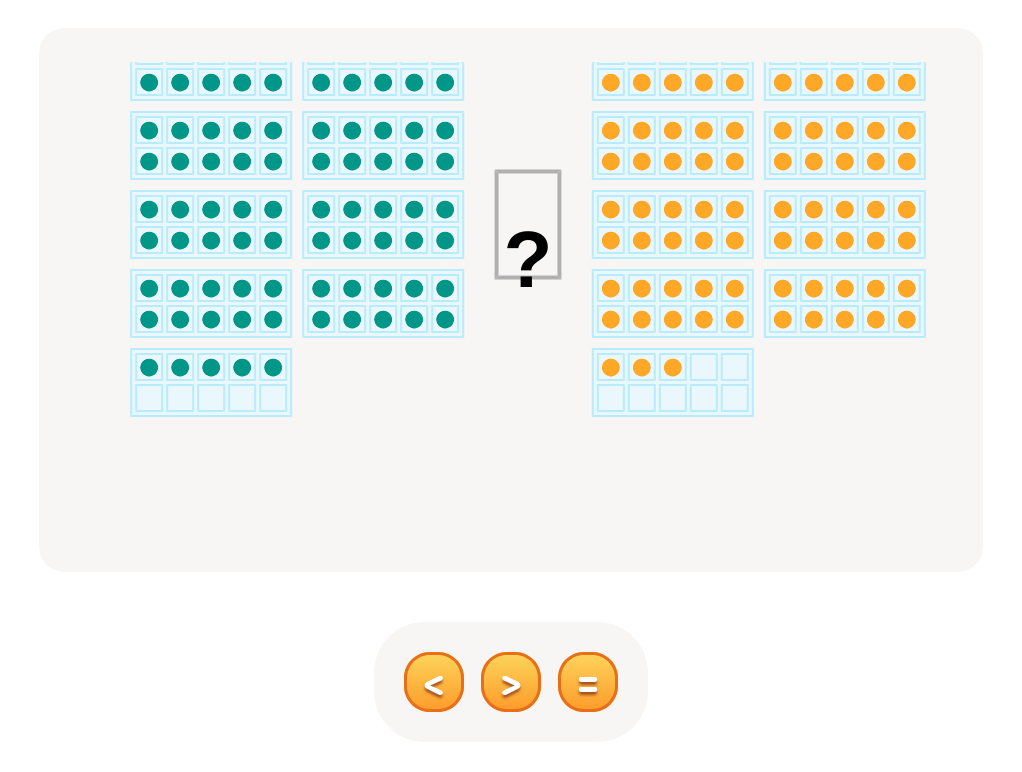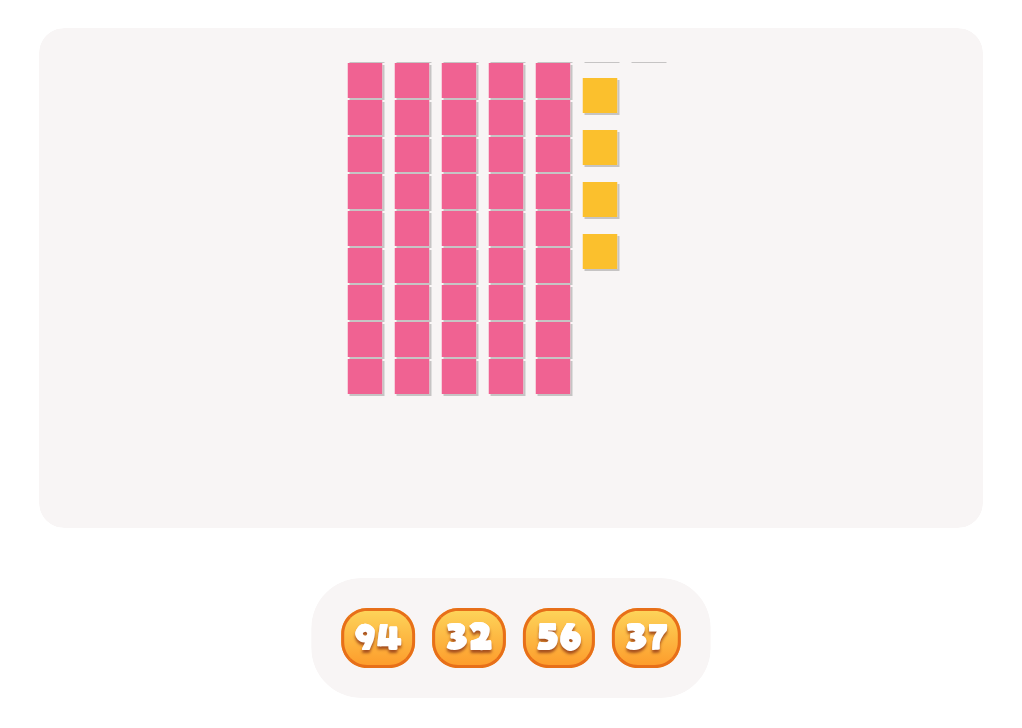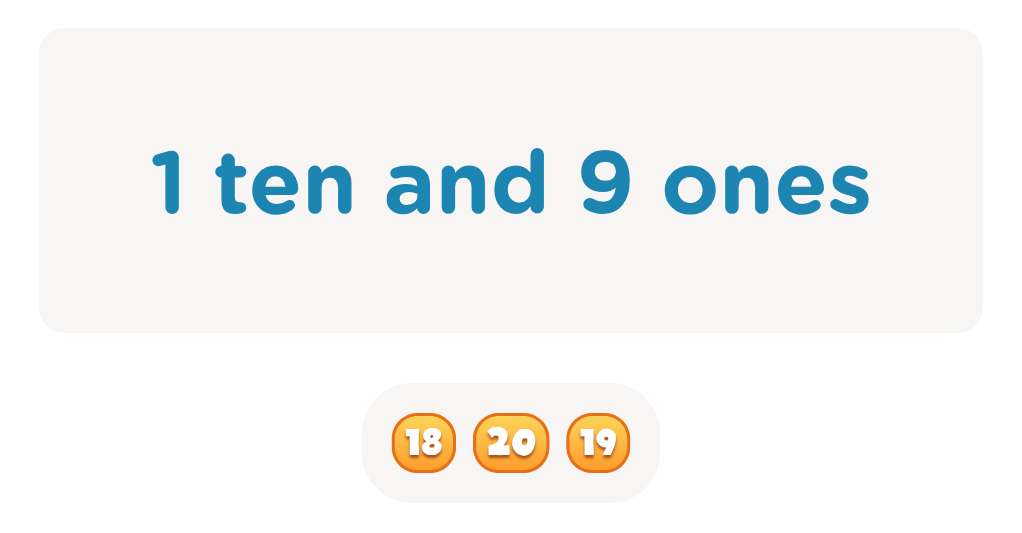Addition skills Place Value Worksheets for Ages 4-6
5 filtered results
-
From - To
Boost your child's math skills with our "Addition Skills Place Value Worksheets for Ages 4-6". These engaging worksheets help young learners master addition and understand place value, laying a solid foundation for future math success. Designed specifically for early learners, the worksheets use fun activities and colorful illustrations to make learning enjoyable. Perfect for both classroom and at-home practice, these worksheets support educators and parents in fostering a love for math in kids. Watch your child develop confidence and excitement as they navigate through adding single-digit numbers, tens, and more thanks to our expertly crafted materials.
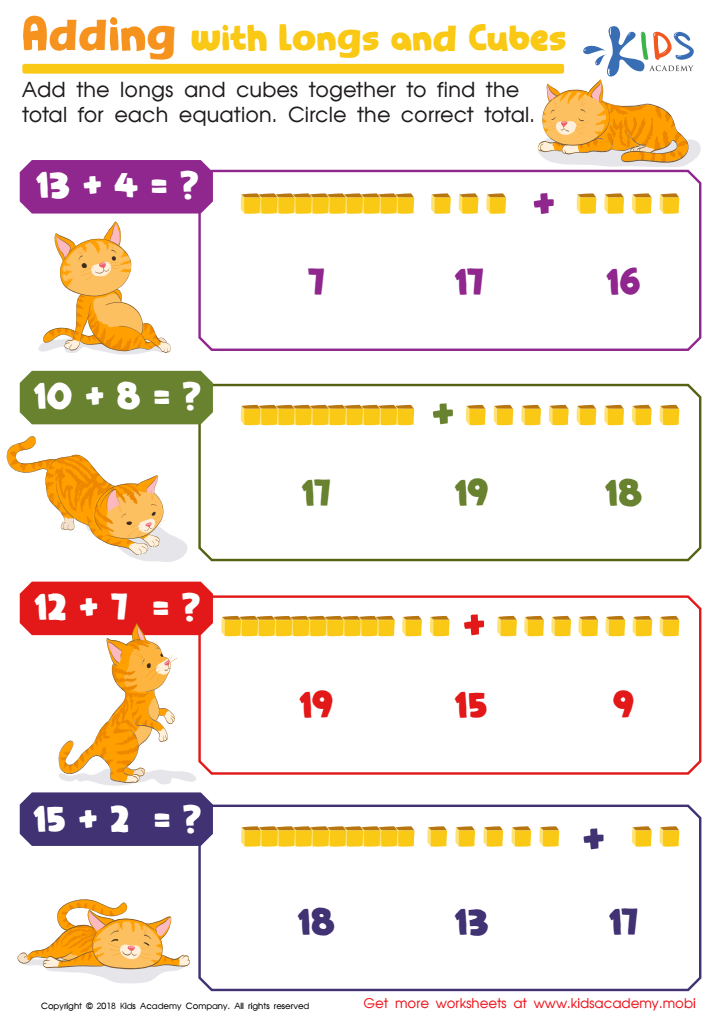

Adding With Longs and Cubes Worksheet
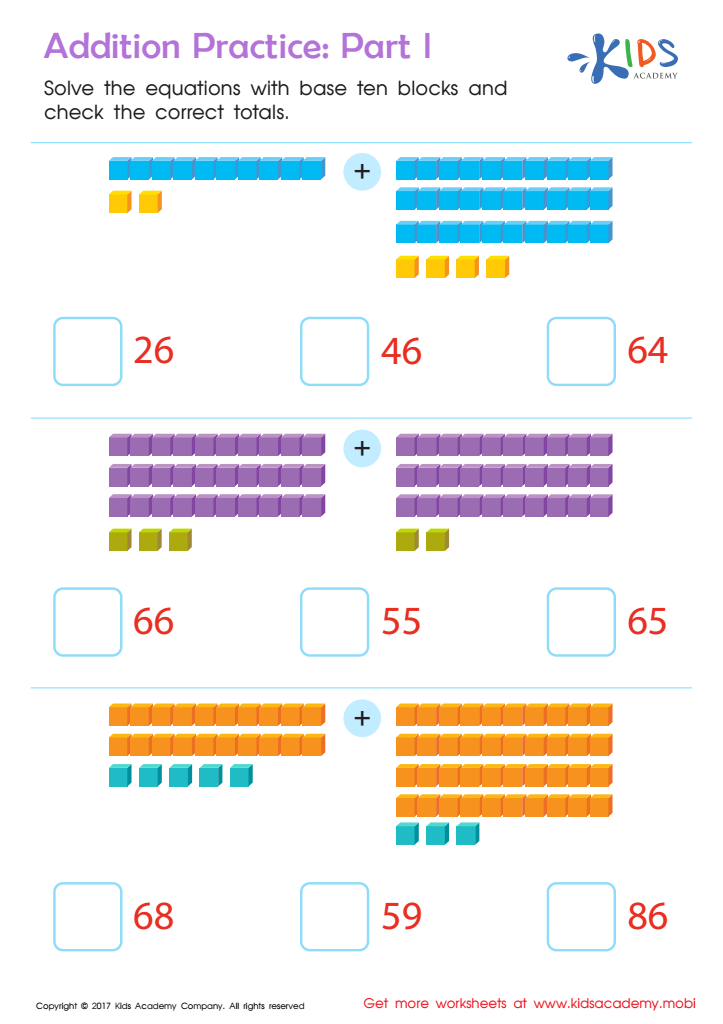

Addition Practice Sheet: Part 1
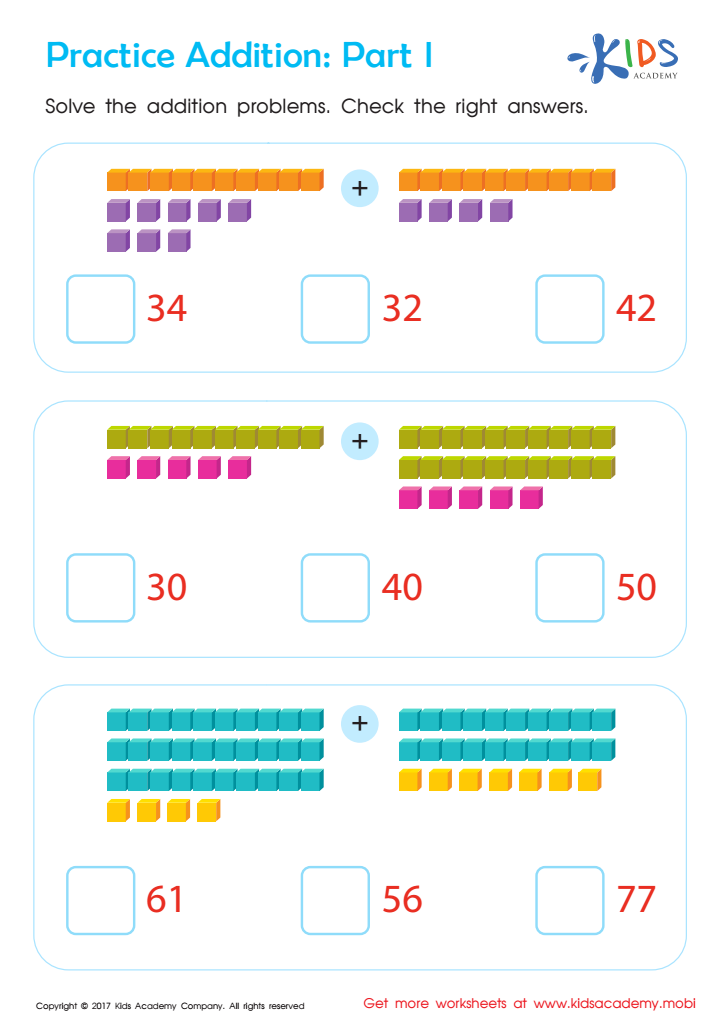

Practice Addition: Part 1 Worksheet
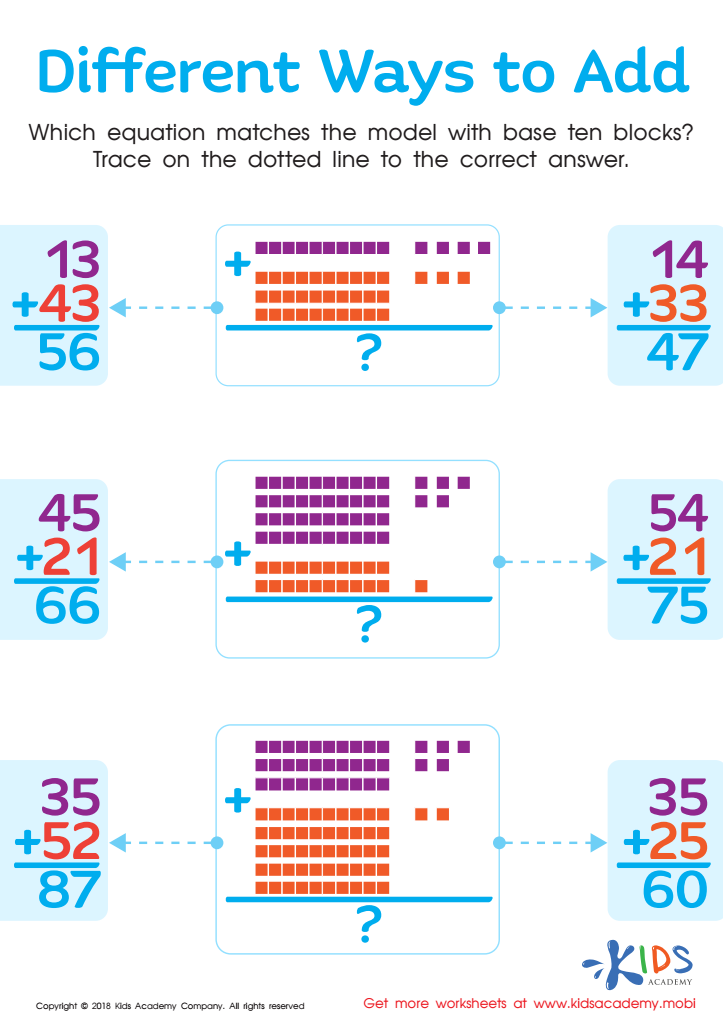

Different Ways to Add Worksheet
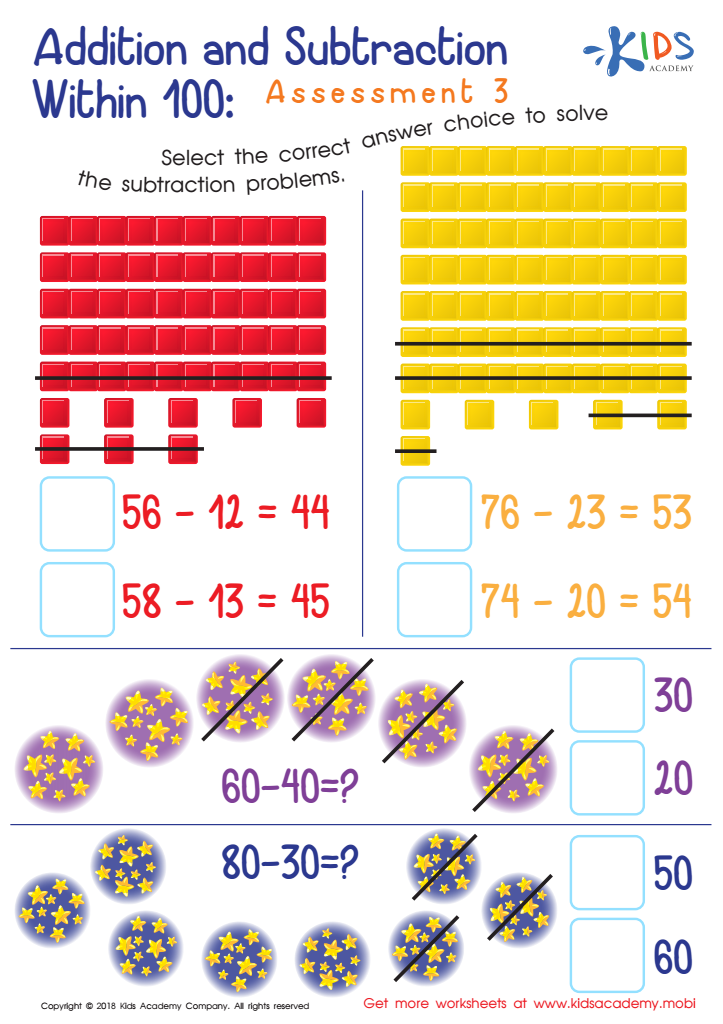

Addition and Subtraction Within 1: Assessment 3 Worksheet
Parents and teachers should care about teaching addition skills and place value to children aged 4-6 for several engaging reasons. At this developmental stage, kids are beginning to grasp fundamental mathematical concepts that are crucial for their future academic success. Let’s start with addition skills: These are the building blocks of all arithmetic. Learning to add helps children understand the concept of combining quantities, which is essential not just in math but in daily life—a skill they will use for shopping, cooking, and problem-solving.
Next, let's talk about place value: It might seem abstract at first, but understanding that the position of a digit in a number affects its value is foundational for more complex math tasks like subtraction, multiplication, and division. For instance, in the number 23, knowing that "2" represents twenty and "3" represents three is an elementary cognition in mathematical literacy.
Moreover, mastering these skills at an early age fosters confidence and a positive attitude toward math. They provide kids with the tools to tackle more advanced concepts with ease and prevent math-related anxiety. Both addition and place value contribute to logical thinking and problem-solving skills.
So, by prioritizing these skills, parents and teachers naturally provide a sturdy math foundation that supports all future learning, promotes practical life skills, and enhances overall cognitive development in children.

 Assign to My Students
Assign to My Students
